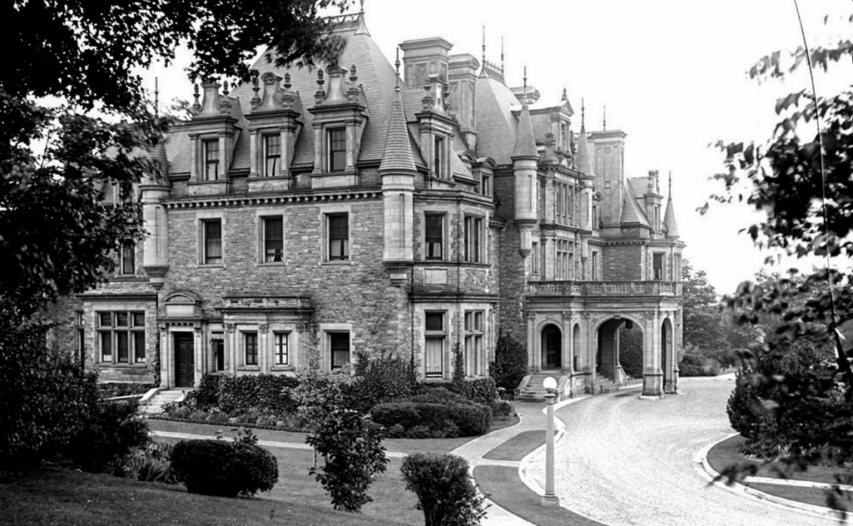A post by Tamara Keel that may be of interest to my American friends, where getting legal permission to carry a handgun is still theoretically possible (unlike here in Soviet Canuckistan):
Extreme conditions! Extreme weather! The handgun industry uses the word “extreme” like it’s on sale if bought by the dozen. It gets used to tout the reliability of various handguns in advertising and in debates at gun store counters and internet forums: “The Blastomatic 2000 meets and exceeds MIL-STD-810G for blowing sand and dust…”
“We went down by the beaver pond and dunked my Sheepdog Sidearms Mk. III completely in the mud and it still fired a whole clip without jamming.”
“I read on a blog that the East Slobovian Army tested the Infidel Defense Crusader by freezing it in a block of ice and running it over with a tank!”
This is all well and good, but it has next to nothing to do with day-to-day concealed carry by the average American armed citizen. If someone were to come up with a relevant test to replicate the conditions faced by the typical concealed carry gun, it would probably involve gently bouncing the holstered gun up and down in a heated container full of pocket lint and dead skin cells for six months until all the lube evaporates or congeals — whichever comes first.
Neglect is probably the greatest enemy of the concealed self-defense handgun. In my experience, it’s a rare one that gets fired and lubricated very frequently. On one end of the spectrum are the people who might only own the one pistol and hardly ever get to the range with it, and on the other end are people who might have dedicated practice or training guns to spare their actual lifesaving tool the wear and tear.





